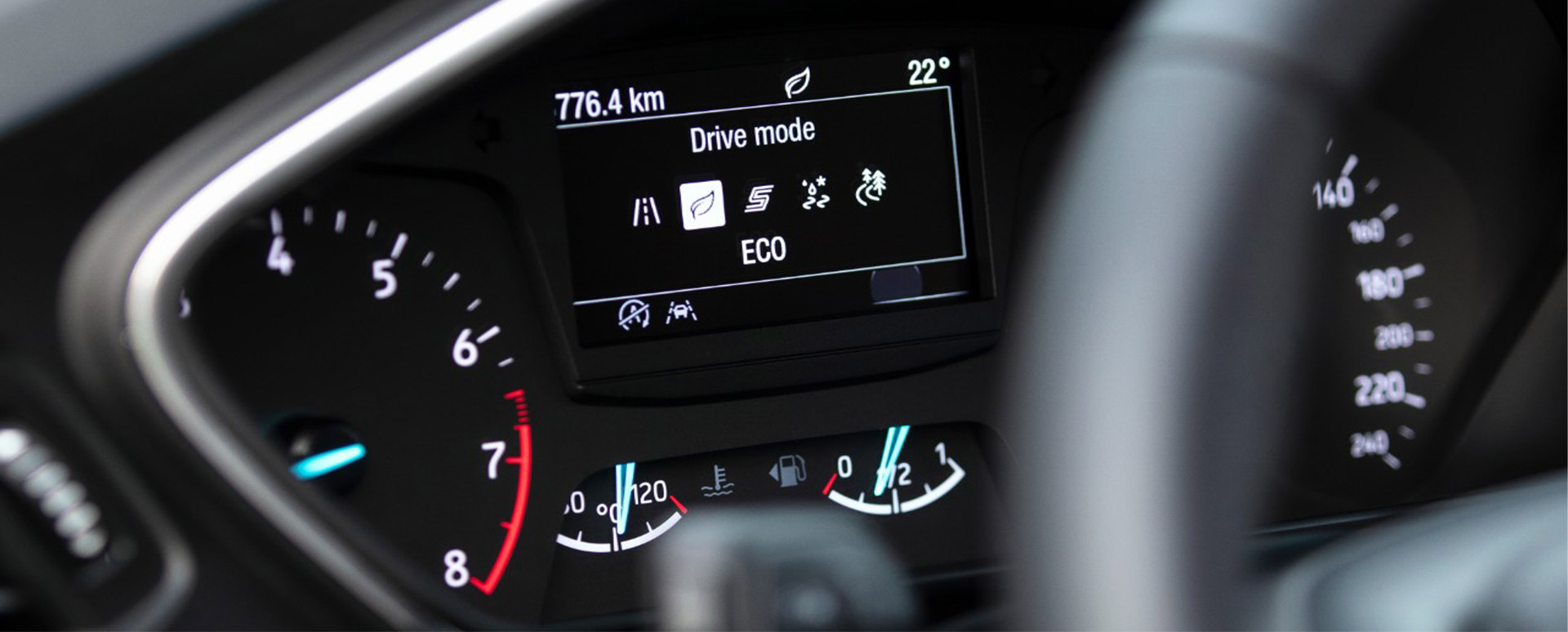An increasing number of cars on the market are being produced with petrol particulate filters as standard features. That’s happening even in regions of the world that don’t yet require them by law, like Australia. But what are petrol particulate filters, and how do they work?
Petrol particulate filters (PPF) are components that remove harmful particulates from engine exhausts. They’re becoming increasingly common in cars worldwide as carmakers cope with stricter emissions standards. Trapped particulates are burned by the heat from the exhaust, preventing clogs and minimising any need for maintenance.
This guide will explore the petrol particulate filter and how it works. You’ll understand why they’re good for you, your car, and the environment. So why are many car enthusiasts disappointed with PPF?
Let’s get started.
What Is a Petrol Particulate Filter, And How Does It Work?
As the name suggests, a petrol particulate filter is a component that removes harmful particulates from the petrol combustion engine process. Depending on where you’re from, the filter is sometimes known as a gasoline particulate filter (GPF) or otto partikelfilter (OPF) in German.
You’d be forgiven if your first thought was that the petrol particulate filter was somewhere in the fuel tank or the fuel lines. However, that’s not the case.
The petrol particulate filter is on the other end of the line to remove harmful exhaust particulates from the engine.
Here’s how it works:
After ignition occurs in the combustion chamber, exhaust gas is released. The pollutant-laden gas flows through the PPF, where it goes through alternating channels in a honeycomb filter and passes through a substrate that captures the contaminants.
The heat from the exhaust burns away the filtered contaminants so the substrate never gets clogged.
When Did Carmakers Start Using PPF?
Petrol particulate filters have been around since the early 2000s. They were developed so than combustion engines could meet emissions standards especially in Europe and have become increasingly common towards the end of the 2010s.
For most European-made cars, PPF has become a standard feature, like the petrol particulate filter Mercedes puts in many of their models sold worldwide.
Australia does not currently make it compulsory for all cars to have a PPF, but the number of vehicles that have them is increasing.
Do Petrol Particulate Filters Clog Up?
Generally, there are no petrol particulate filter problems that you have to worry about, not even clogs.
As mentioned earlier, all contaminants removed from the exhaust gas are trapped in the petrol particulate filter. Then, the heat from the exhaust gas burns those contaminants away, giving the filter a self-cleaning property.
However, some rare circumstances can cause the petrol particulate filter to clog up, such as the following:
- Old, worn-out engines: Older engines burn more engine oil, adding more contaminants in the exhaust gas. The ash burnt from that process will get trapped in the particulate filter, causing clogs.
- Unsuitable engine oils: Engine oils made with higher levels of sulphated ash, phosphorus, and sulphur (SAPS) produce more ash when burned, clogging the filter.
As you can see, keeping the engine in excellent working condition and using PPF-compatible engine oils are important for the health of the petrol particulate filter.
Can You Clean a Particulate Filter Yourself?
Yes, you can clean a petrol particulate filter yourself, but it is usually unnecessary.
Remember that the heat will naturally burn away particulates trapped in the filter, unless the engine burns too much oil and releases sulphated ash, phosphorus, and sulphur into the particulate filter.
Still, if that happens, you can readily buy a petrol particulate filter cleaner and add it to your fuel tank. A PPF cleaner effectively cleans the filter and other components along the way.
Do All Petrol Cars Have Petrol Particulate Filters?
Not all cars have petrol particulate filters, or at least not yet. They might have become a common feature in European vehicles, such as the petrol particulate filter BMW now installs in most of its cars, but not all cars have it.
However, it makes a lot of financial sense for carmakers to include those filters, regardless of local rules and regulations, because of the benefits a PPF offers.
What’s the Downside of Petrol Particulate Filters?
There’s no question that cleaner air and reduced exhaust emissions are critical for everyone. Also, there’s no question that the petrol particulate filter does an excellent job of helping cars produce cleaner exhaust gases.
However, petrol particulate filters have one significant tradeoff that has disappointed many automotive enthusiasts.
Adding a PPF reduces the noise a car produces.
OK, that doesn’t sound so negative. In fact, it might seem like an excellent side-effect to many people. However, it also means that your favourite high-performance vehicles aren’t going to sound as exciting as they used to, and to the racing community, what’s a car without the roar?
Current and future models equipped with the filter will be much quieter despite their powerful combustion engines, all thanks to the PPFs that remove more than just harmful particulates.
Keep yourself updated and regularly check out our Blog at CarpartAU to keep learning about cars and the components that make them run!
By Ray Hasbollah

